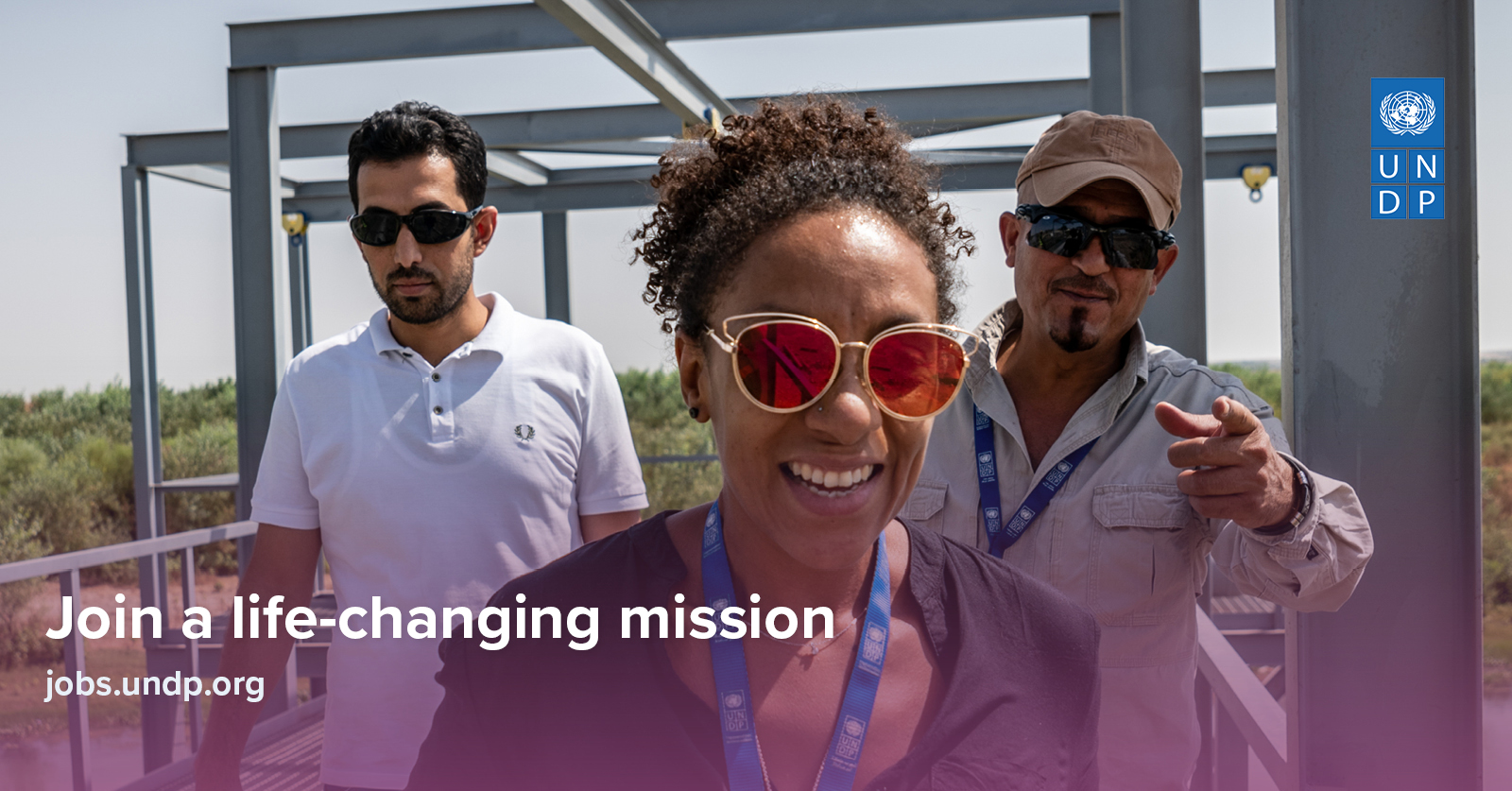
Background on the assignment:
Over the last decade, there has been significant progress in both access and usage of formal financial products and services that include savings, credit, remittances, insurance, and pensions. The advent and proliferation of digital financial services has substantially narrowed down the exclusion gaps especially among remote rural Pacific islanders. There is high-level commitment and policy direction towards use of digital services for improving lives and livelihoods of people in the Pacific. There is however need for empowering customers with appropriate knowledge, skills, and competencies to “Leave No One Behind in the Digital Era”.
Increasingly, the Pacific has been faced with the devastating impacts of naturally induced catastrophes, disasters, and climate change that has seen many of our communities displaced and unable to rebuild due to the associated cost of damage. This is further exacerbated with limited understanding of not just the insurance concept and mechanisms but also basic financial literacy such as savings, budgeting, pensions etc. that can assist to mitigate against economic shocks caused by such events.
Insurance, in particular (parametric, index-based, and non-parametric, indemnity based) climate and disaster risk insurance, is a financial risk transfer product that enables policyholders or beneficiaries, including individuals, families, communities and businesses, to gain a degree of protection against unexpected events and cope with the costs, thereby building their financial resilience, improving their financial well-being.
The Pacific Insurance and Climate Adaptation Programme (PICAP) is jointly administered by the United Nations Capital Development Fund (UNCDF), the United Nations Development Programme (UNDP) and the United Nations University, Institute for Environment and Human Security (UNU-EHS). The overall objective of the programme is to improve the financial preparedness of Pacific households, communities, small businesses (MSME), organizations, and Governments to deal effectively with effects of climate change and natural hazards. To achieve this, the programme intends to work with both public and private sector partners to develop, pilot, test and scale market-based climate and disaster risk financing instruments like parametric insurance.
The Programme intends to achieve its results through activities carried out under four workstreams – Policy and Regulations, Open Digital Payment Ecosystems, Inclusive Innovation and Empowered Customers.
- Description of Requirements
Climate and disaster risk insurance is new to the region and the Pacific Insurance and Climate Adaptation Programme jointly implemented by UNCDF, UNDP and UNU-EHS has developed and piloted the region’s first ever parametric microinsurance product in Fiji in 2021. As part of its regional expansion, demand studies were conducted in Vanuatu and Tonga in 2020 and subsequently parametric products were developed and launched in October and November of 2022 respectively. PICAP also plans to undertake demand studies in Samoa to assess the interest, financial feasibility, willingness to pay, risks and perils exposure, specific livelihood related issues, present access to formal financial services, attitudes, perceptions, behaviors while accessing financial services and barriers to access and usage.





